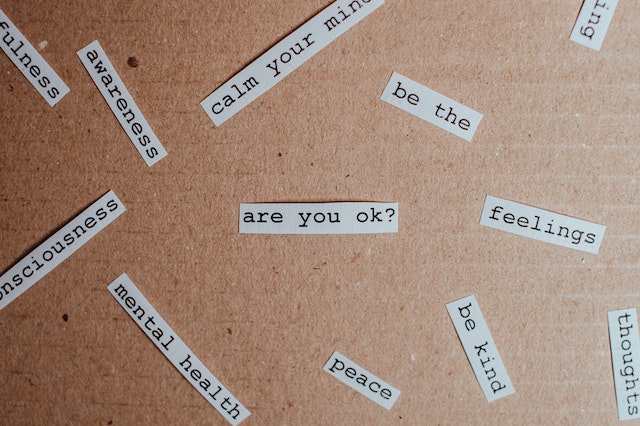Do you keep a journal? It turns out that journaling is beneficial for everyone, not just lovelorn teens and struggling writers. Journaling can be particularly beneficial for seniors and adults.
Boosts Communication and Writing Skills
Keeping a journal forces you to organize your thoughts, which can help with both written and oral communication. It may also increase your vocabulary and improve your voice.
Reading for All Ages with Book Recommendations
Improves Physical Health
Journaling is an expressive form of writing, which has been shown to benefit individuals with a variety of physical health concerns. Self-reported improvements include liver function, blood pressure, immune system, asthma, arthritis, and athletic ability.
Improves Mental Health
Writing down your thoughts and feelings is a safe way to express and cope with anxiety and depression, as well as process your emotions about daily life. The act of writing may also be a pleasurable experience. It’s a way to nurture your voice and your spirit.
6 FAQs: Mental Health Challenges in Aging Answered
Boosts Self-Confidence
Your journal can be used as a place to practice positive self-talk and track progress toward goals. Both of these help you see yourself in a new, more positive light.
Enhance Critical Thinking
According to a study in the Journal of Nursing, students, and faculty both found that reflective journaling was helpful for critical thinking. So even if you’re not a student or a teacher, critical thinking is an important skill at any phase of life.
Increases Learning
Whether you’re a student looking for a higher GPA or a student of life, journaling and relating your real-life experience increases your learning ability.
Boosts Emotional Intelligence and Personal Growth
Writing in a journal can help you understand how you feel in certain situations and around certain people. It can help you discover why you responded a certain way, what your triggers are, and show you where you’re most likely to thrive. For seniors, communicating this to caretakers can help make everyone’s life a little easier.
Helps Achieve Goals
Whether your goals are SMART goals or an alternative, using a journal is a great way to track your progress. Of course, goals vary depending on your stage in life, but it’s important to always have something you’re reaching for.
Boosts Memory
Writing things by hand is an effective way to remember them. Keep notes about important information you want to recall later. If you don’t remember, you’ll have the notes to refer back to, but simply writing it down increases the likelihood that you’ll remember the information anyway.
Increases Creativity
Using stream-of-conscious writing can help tame those wild thoughts as well as inspire solutions to day-to-day problems. If you’re more visually inclined, your journal could be sketches or paintings.
Join Our Mailing List
Get the latest news and insights from True Assisting delivered straight to your inbox. Click here to subscribe to our newsletter.






